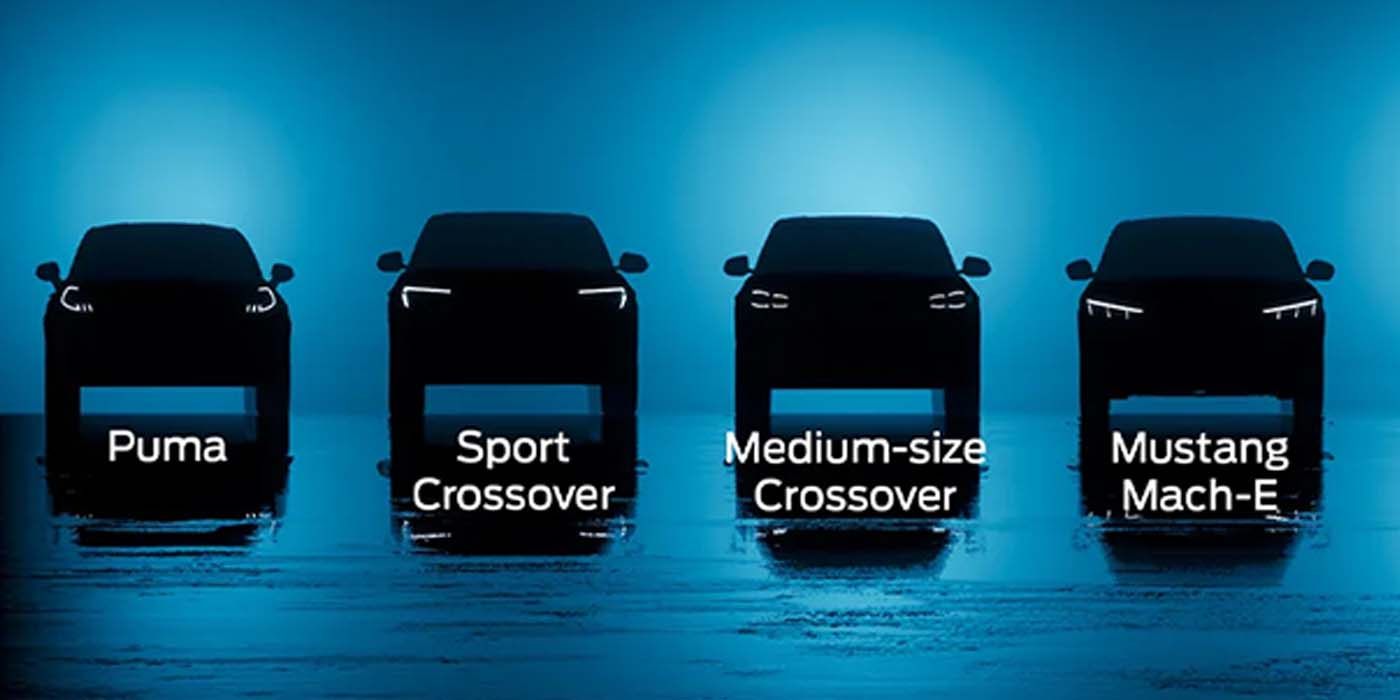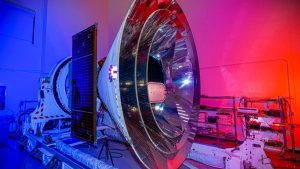Ford looks to market American heritage to consumers in Europe with larger EVs

Nine months after outlining extensive plans to bring more EV models to Europe, Ford Motor Company shared its intentions to use the transition to rebrand itself under a new slogan – “adventurous spirit,” which represents American values like freedom, the outdoors, and of course larger vehicles. Whether consumers in Europe will embrace American heritage remains to be seen, but Ford’s EV technology could certainly help.
The post Ford looks to market American heritage to consumers in Europe with larger EVs appeared first on Electrek.
Nine months after outlining extensive plans to bring more EV models to Europe, Ford Motor Company shared its intentions to use the transition to rebrand itself under a new slogan – “adventurous spirit,” which represents American values like freedom, the outdoors, and of course larger vehicles. Whether consumers in Europe will embrace American heritage remains to be seen, but Ford’s EV technology could certainly help.
Despite Ford Motor Company being a staple of American culture, its near 120 years in autos has led to global expansion, including Ford of Europe, which was established in the late 60s. To date, the American automaker’s presence in Europe has consisted of mostly combustion models, but its EV lineup is starting to catch up.
The Mustang Mach-E made its way across the pond in 2021 and has since been joined by the Mach-E GT and E-Transit commercial van. Years ago, Ford announced a partnership with Volkswagen to use the German automaker’s MEB electric vehicle platform to release an electric crossover in Europe in 2023. Ford has since extended this partnership with VW to build a second electric vehicle on that platform.
This past March, Ford shared extensive EV plans for Europe that included nine new models by 2024, four of which are passenger vehicles. Today, Ford Motor has reaffirmed those plans and taken it a step further by vowing to be “more American” in its EV marketing in Europe in order to sell the “adventurous spirit” the automaker represents in the form of larger crossovers and SUVs.
Ford – established in a country built upon renouncement from a kingdom in order to find freedom to build its own culture – will now promote its own heritage back on Europe to sell EVs. It’s truly not that big of a deal, funny even, especially when it comes to global marketing. Who doesn’t love Western culture, right?
According to Automotive News Europe, Ford intends to use this fresh launch of new EVs overseas to refresh its marketing on its path to becoming entirely electric by 2030. According to the American automaker, the “adventurous spirit” mantra the brand will be built upon, stands for “freedom, the outdoors, and adventure.”
The new marketing also represents promotion of crossovers and SUVs instead of long running compacts like the Ford Fiesta and Focus – both have which have received expiries in Europe in favor of upcoming EVs. Fiesta customers can switch to the electric Puma, which will be built in Romania and launch in 2024. Its current production facility in Cologne, Germany will also be revamped to produce the two aforementioned EVs that will sit atop VW’s MEB platform (or perhaps the MEB+?).
Ford’s EV shake-up in Europe will also include changes to its retail network. The automaker plans to switch to an agency direct-sales model overseas, in which Ford invoices customers directly and pays dealerships a flat fee for each sale. Per Ford’s marketing chief in Germany, Christian Weingaertner:
We are seizing the opportunity to completely reposition ourselves. Our future models are more American, and from 2030 they will all be electric.
Ford remains one of the few – if not the only – US automaker that has stayed relatively competitive in the European market, but its profitability has wavered in recent years. Similar to its approach in the US, Ford looks to phase out its less popular compacts in favor of larger EVs that provide more value and space. That being said, this journey won’t come without its own competition of local automakers looking to grow their market share, all while transitioning toward all-electric lineups.
FTC: We use income earning auto affiliate links. More.




